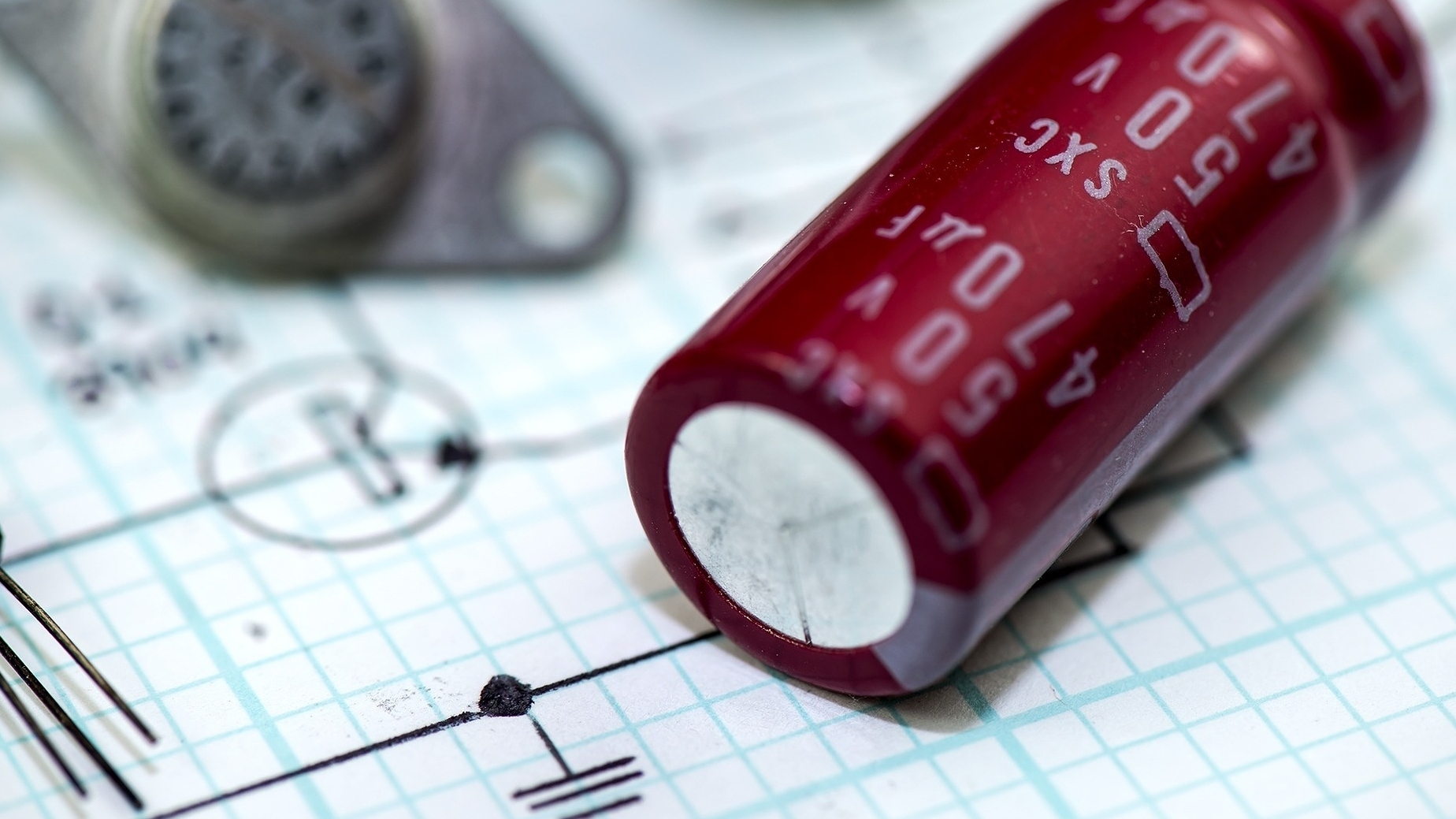The Estonian manufacturer Skeleton Technologies plans to fully automate the production of its ultracapacitors in Großröhrsdorf near Dresden in the coming years and is also receiving funding of €51 million from the German government for this project. According to the company, the production costs of the supercaps will have fallen by almost 90% by the end of the 5-year project. Skeleton's patented 'Curved Graphene' material also plays a role in the project, which, in addition to lower production costs, also promises further potential for increasing performance.
Supercapacitors, which include the components called ultracapacitors by Skeleton, currently only achieve a storage capacity of around 10% of lithium-ion batteries of the same weight, but can absorb and release high currents quickly. In combination with rechargeable batteries, they are therefore ideal for temporarily storing recuperation currents - for example in electromobility or rail transportation. Skeleton is the largest European manufacturer of such capacitors and achieves around 30% higher performance with its components compared to its competitors. The company's long-term goal is to increase the storage capacity of the capacitors to such an extent that they can be an alternative to existing rechargeable batteries. "We see ultracapacitors as a key technology for the future of transportation and electrification after realizing the technology potential of 'curved graphene' and reducing production costs through processes and economies of scale," says Taavi Madiberk, CEO and co-founder of Skeleton Technologies.


